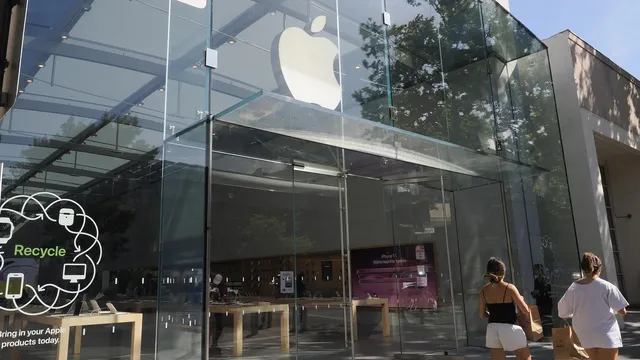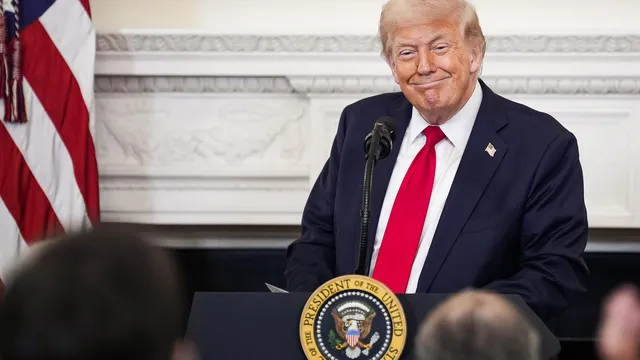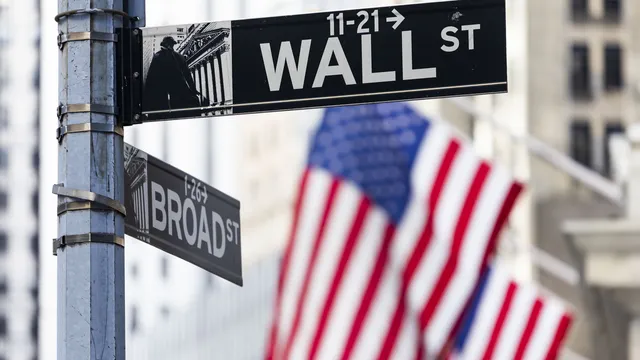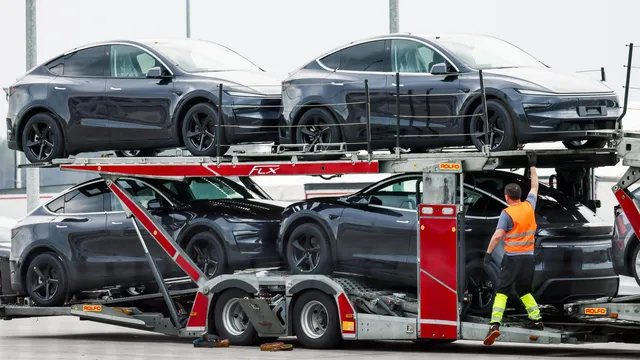Apple expects US tariffs to cost $900 million in the current quarter, even though their impact was "limited" at the beginning of the year, CEO Tim Cook said during a conference call to announce the financial results.
Cook said he expects "the majority of iPhones sold in the US to be sourced from India," adding that Apple products are currently exempt from Trump's most stringent reciprocal tariffs.
"We are not in a position to accurately estimate the impact of tariffs as we are not certain what potential actions will be taken before the end of the quarter. Assuming that current global tariff rates, policies, and applications remain unchanged through the end of the quarter and no new tariffs are imposed, we estimate that the impact will add $900 million to our costs," Cook said.
In response to the reciprocal measures, the US imposed heavy tariffs on China, and Beijing responded with barriers on imports from the US.
High-tech goods such as smartphones, semiconductors, and computers received temporary exemptions from US tariffs.
"Apple proactively built up inventory in anticipation of the anticipated tariff policies. With ongoing uncertainty in reciprocal tariff policies, Apple is likely to shift even more of its US manufacturing to India to reduce its exposure to future risks," said Le Suan Chiu, research director at Canalys.
Although iPhones manufactured in mainland China continue to account for the majority of shipments to the US, production in India increased toward the end of the quarter, according to Canalys.
Cook said Vietnam will be the country of origin for nearly all iPad, Mac, Apple Watch, and AirPod products sold in the US.
China will continue to be the place where most Apple products for sale outside the US are manufactured, he insisted.
Apple's revenue of $95.4 billion for the past quarter was driven by iPhone sales, with the company generating $17 billion in the Chinese market, according to its earnings report. Profit for the quarter was $24.8 billion.
Apple shares fell more than 3% in after-hours trading on May 1.
"The real story is Tim Cook's plans to deal with these unprecedented trade challenges," said Emarketer analyst Jacob Byrne.
Apple's plan to move production to India "raises painful questions about the execution timeline, capacity constraints, and potentially inevitable cost increases that will reduce margins, be passed on to consumers, or have a combination of consequences," Byrne added. | BGNES

 Breaking news
Breaking news
 Europe
Europe
 Bulgaria
Bulgaria







